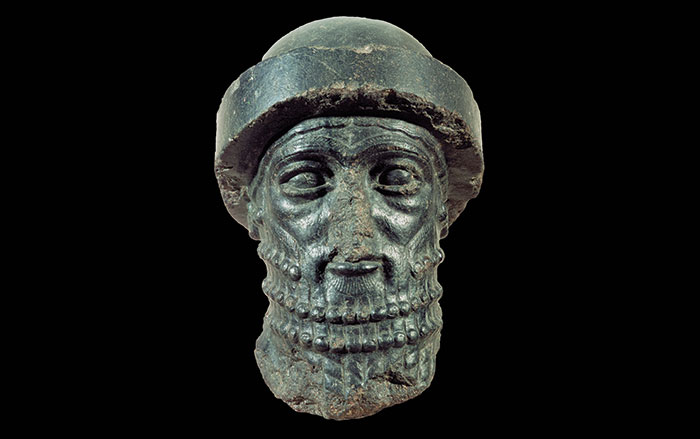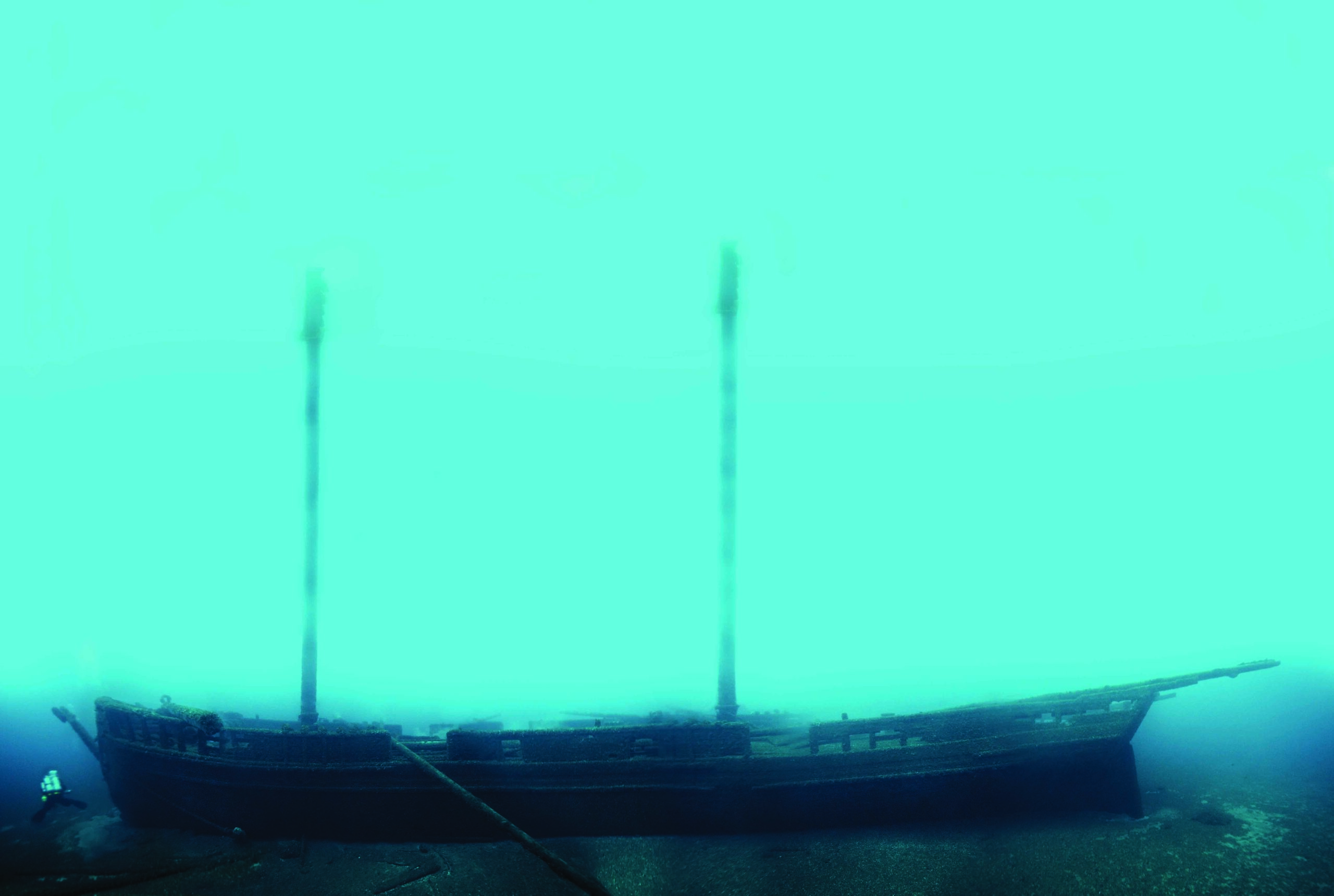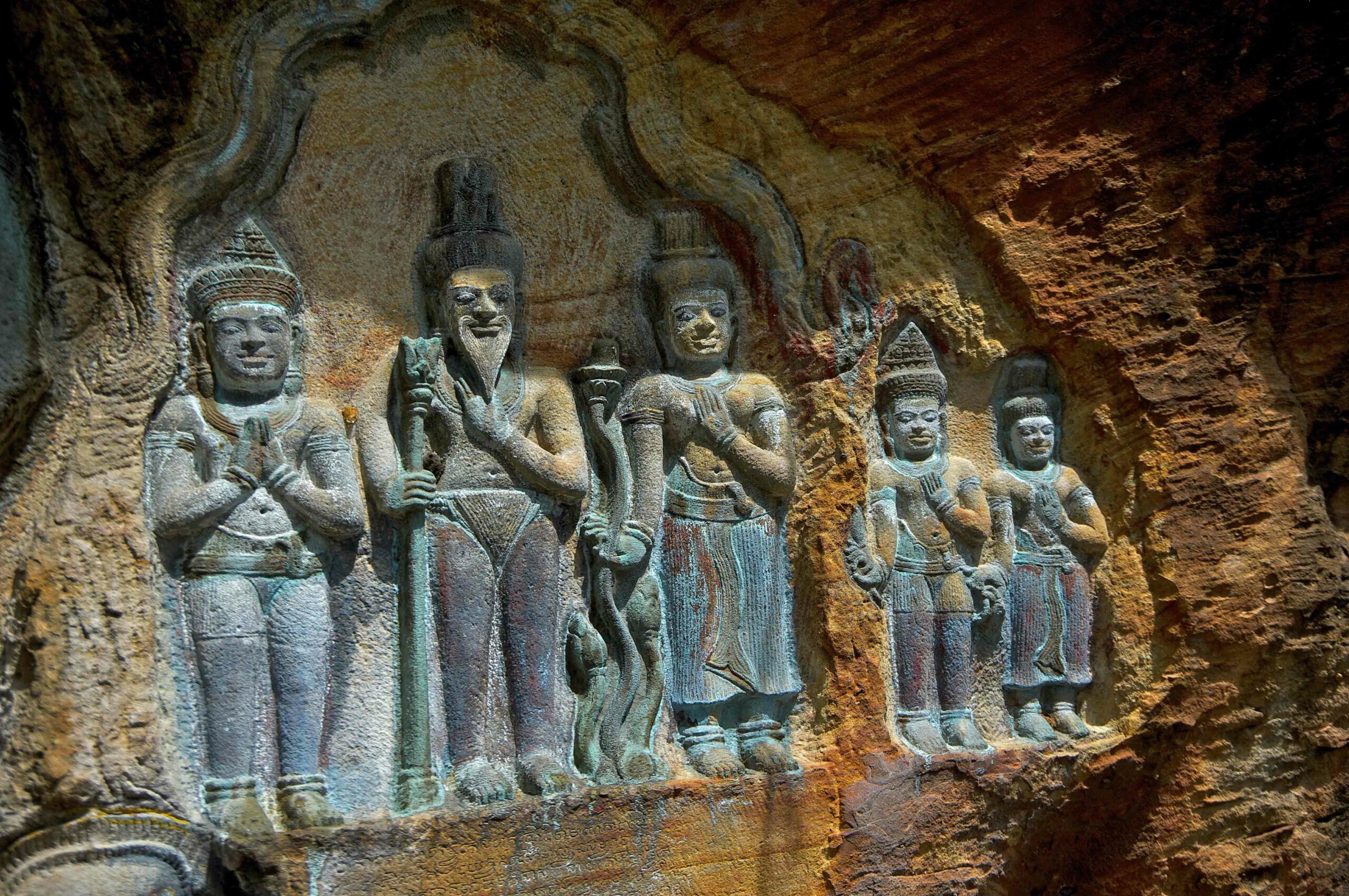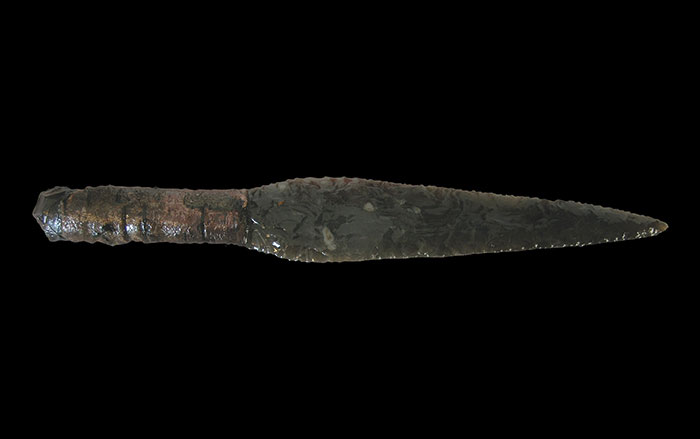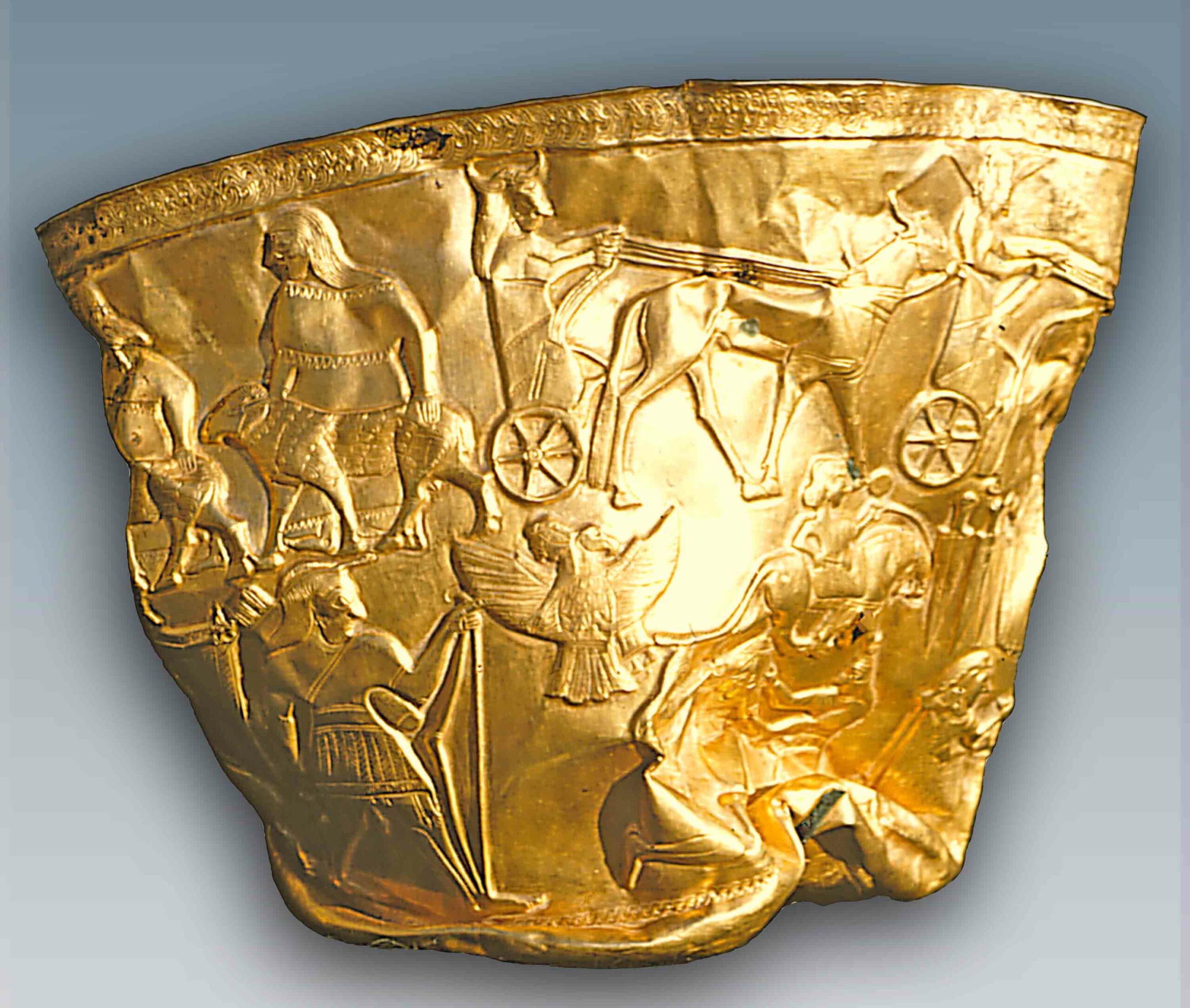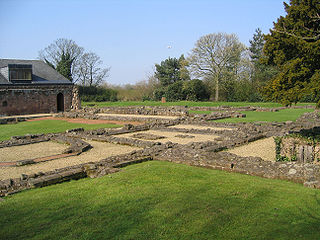
LIVERPOOL, ENGLAND—The electronic engineering and electronics departments at The University of Liverpool are developing a new carbon-dating technique that could provide results for bones in just two days, at a lower cost than current methods, which can take more than six weeks. The Norton Priory Museum and Gardens has provided the university with samples of animal bones that have already been dated for analysis with the prototype technology, a form of quadruple mass spectrometer (QMS). The unit will be based at the museum next year, when it reopens after extensive renovations, thanks to funding from Arts Council England. “The potential of this new technique is incalculable. Archaeologists will, for the first time, be able to make decisions on site and within days of sampling,” Frank Hargrave, director of Norton Priory, told The Liverpool Echo. “It will be a challenge to develop a portable instrument to achieve the required performance, but thanks to this funding we are in a strong position to make a real attempt,” added Steve Taylor, leader of the project. To read about a similar innovation, see "Nondestructive Radiocarbon Dating."



